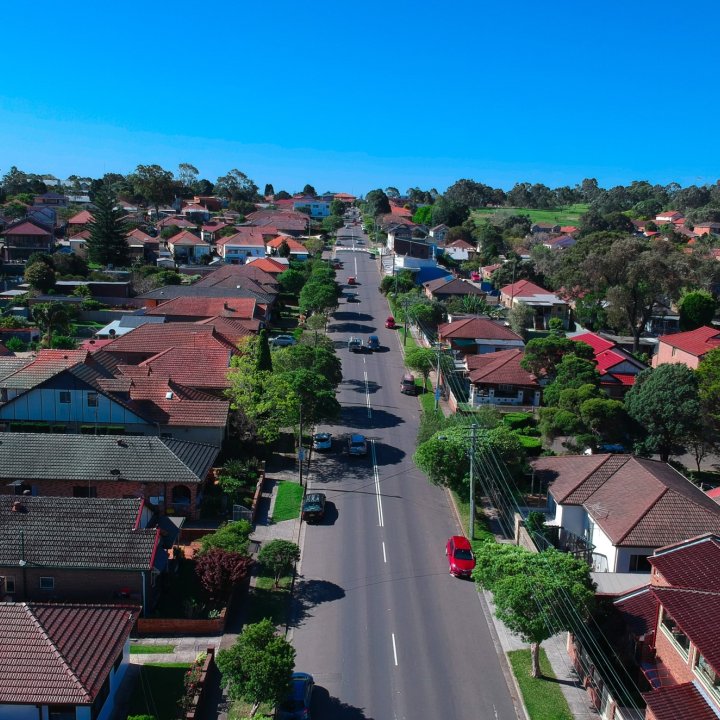
We have received 6 Special Variation and 2 Minimum Rate Increase applications
Six NSW councils have applied to IPART for a special variation to increase their general income from rates above the rate peg.
The Tribunal is now seeking community feedback on these applications. They are from:
- Federation Council
- Gunnedah Shire Council
- Northern Beaches Council
- North Sydney Council
- Shoalhaven City Council
- Upper Hunter Shire Council
Some councils levy minimum rates on one or more ratepayer categories, and in some cases must seek approval to increase these. Gunnedah Shire Council and North Sydney Council have also applied to increase the minimum rates they charge, along with their special variation applications.
All applications are available here.
Our consultation period on the councils’ applications has now closed
Our 4-week consultation period opened on 25 February and closed on 24 March 2025 inclusive.
During our consultation period, we encouraged affected ratepayers and community members to give their feedback on any of the applications we’ve received, via our survey or lodging a submission to us.
We are reviewing the community feedback received. This is an important part of the Tribunal’s assessment of special variation and minimum rate increase applications.
Decisions from the Tribunal will be announced around May or June 2025.
You can subscribe to receive email updates about the Special Variations process for 2025-26 subscribe here.
What are Special Variations and Minimum Rates?
Every year IPART sets a rate peg for each council in NSW which is the maximum amount by which councils can increase the general income that they collect from ratepayers (rates income).
For 2025-26, the core rate pegs range from 3.6% to 5.1% across NSW and 72 of the 128 councils also received an additional allowance to reflect an adjusted population factor of up to 3.8%.
If the elected councillors agree that a council needs additional revenue, the council can apply to IPART for a Special Variation to increase rates income by more than the rate peg amount. Council requests for Special Variations are often to develop or maintain essential community services and infrastructure.
Councils can apply for Special Variations for a single year or multiple years (up to a maximum of 7 years), and it can be permanent or temporary.
A council can also set a minimum rate for each of its rating categories, and can apply to increase minimum rate levels above the statutory limit. Minimum rates ensure that ratepayers with lower land values (such as apartments) contribute a certain amount towards community services and infrastructure.
You can find answers to some frequently asked questions in the below factsheets:
- Frequently asked questions - Special Variations
- Frequently asked questions - rates, fees and charges and land valuations
How special variation applications are assessed
IPART assesses Special Variation applications against specific criteria set out by the Office of Local Government (OLG). Councils can only apply to IPART for a Special Variation if the elected councillors pass a resolution to go ahead with the application.
As set out in the OLG assessment criteria, IPART will consider whether councils have:
- demonstrated the need for the additional income
- provided evidence that the community is aware of the need for and extent of the proposed rate rise
- established that the impact on affected ratepayers is reasonable
- exhibited, approved and adopted relevant planning documents
- explained and quantified the council’s productivity improvements and cost containment strategies.
In addition, the Tribunal will assess any other information it considers relevant. Further information regarding the assessment criteria can be accessed here.
IPART can wholly or partially approve or not approve a council’s application. Decisions from the Tribunal will be announced around May or June 2025. Our reasons will be published on our website. The 2024-25 Special Variation decisions are available here.
A summary of our Special Variation decisions over the last 10 years from 2015-16 can be found at Summary table of SV decisions.

